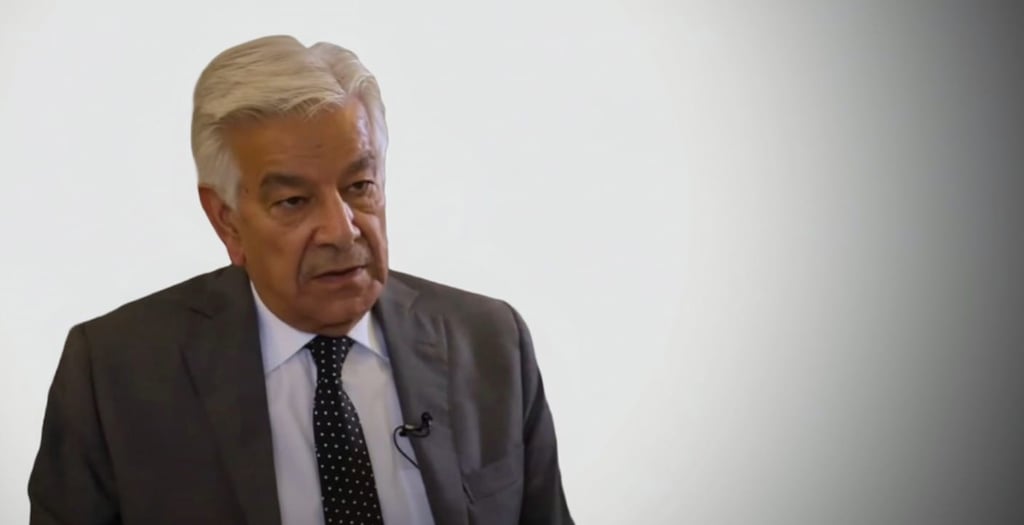Pakistan and Afghanistan Hold Peace Talks in Doha After Border Clashes | 18 October 2025
Pakistan and Afghanistan begin key peace talks in Doha after deadly border clashes, raising new hopes for lasting regional peace and cooperation.
Raja Awais Ali
10/18/20252 min read


Pakistan and Afghanistan Hold Peace Talks in Doha After Deadly Border Clashes
Doha, Qatar — 18 October 2025:
Pakistan and Afghanistan have launched crucial peace talks in Doha to end weeks of deadly border violence and rebuild trust between the two neighboring countries. The negotiations follow intense clashes that killed several soldiers and civilians on both sides, raising fears of wider regional instability.
After days of heavy fighting, both nations agreed to a 48-hour ceasefire, later extended to facilitate discussions under Qatari mediation. The Doha meeting marks one of the most significant diplomatic engagements between Islamabad and Kabul since the Taliban regained control of Afghanistan in 2021.
Pakistan’s delegation, reportedly led by Defence Minister Khawaja Muhammad Asif and senior defence officials, is holding talks with a high-level Afghan delegation headed by Taliban Defence Minister Mullah Mohammad Yaqoob. The agenda focuses on ending cross-border attacks, preventing militant infiltration, and creating new mechanisms for military communication.
Islamabad insists that Afghanistan must ensure its soil is not used by the banned Tehreek-e-Taliban Pakistan (TTP) to launch attacks inside Pakistan. Kabul, on the other hand, accuses Pakistan of repeated airstrikes and border violations. Afghan officials allege that Pakistani strikes in Paktika province killed at least ten civilians during the ceasefire — a claim Pakistan denies, stating the operations targeted TTP-linked hideouts.
The 2,600-kilometer-long Durand Line, dividing the two countries, has long been a flashpoint for disputes, smuggling, and militant activity. Analysts warn that another breakdown in relations could destabilize South Asia and undermine regional counterterrorism efforts.
Diplomatic sources in Doha said both sides are discussing the formation of a joint border coordination mechanism and an intelligence-sharing framework to prevent future clashes. Pakistan’s Foreign Office said:
“These talks focus on practical measures to protect Pakistan from terrorism originating from Afghan soil and to promote peace and stability along the Pakistan-Afghanistan border.”
The Taliban government emphasized that any agreement must respect Afghanistan’s sovereignty and that Kabul seeks a fair, long-term solution built on mutual trust and cooperation.
Experts view the Doha peace talks as a potential turning point — if both nations show political will and sincerity. Still, deep-rooted mistrust, internal pressures, and conflicting security priorities remain serious obstacles.
While the final outcome remains uncertain, the decision to resume dialogue after months of hostility offers a rare opportunity to shift from confrontation to cooperation. For now, both countries appear ready to chart a roadmap toward peaceful coexistence — a step that could prevent further bloodshed and shape a more stable future for the entire region.
Stay informed with the latest national and international news.
© 2025. All rights reserved.